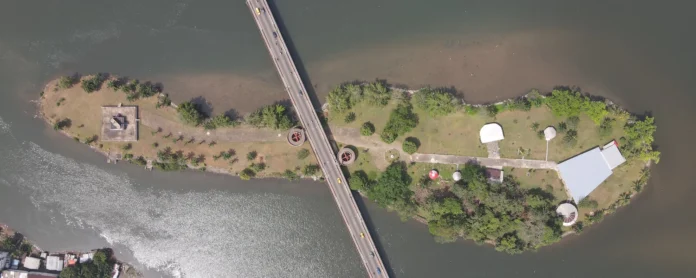Providence Island, a small but significant landmass off the coast of Liberia, holds stories of resilience, rebirth, and a nation’s evolving identity. To understand its history, we must delve into two distinct chapters.
Chapter 1: A Haven for the Oppressed (1822)
The first chapter unfolds in 1822. The American Colonization Society, facing mounting criticism for slavery within its borders, established a settlement for freed African Americans on Providence Island. These individuals, many born into bondage, sought a land where they could govern themselves and build a new life free from oppression.
The arrival of these former slaves marked a pivotal moment in Liberian history. They established Christopolis, a settlement that laid the groundwork for the future capital, Monrovia. Providence Island became a symbol of hope and a stepping stone for a nation built by those seeking freedom and self-determination.
Chapter 2: A Testament to Strength (Present Day)
The second chapter of Providence Island unfolds in the present day. The island’s significance transcends its historical role. Today, it stands as a testament to the enduring strength of the Liberian people. The island boasts remnants of the past, including an old landing dock, a water well, and a concrete pillar believed to be the first concrete work in the country. These remnants serve as a physical link to the nation’s origins.
A Legacy of Transformation
Providence Island’s story is one of transformation. From a haven for the formerly enslaved to a symbol of national resilience, the island embodies the spirit of Liberia. It serves as a reminder of the challenges overcome and the unwavering pursuit of a brighter future.
Exploring Providence Island
Today, Providence Island offers a glimpse into Liberian history and culture. Visitors can explore the historical remnants, learn about the island’s role in the nation’s founding, and appreciate the beauty of the surrounding landscape. The island stands as a testament to Liberia’s rich history and a source of inspiration for future generations.







